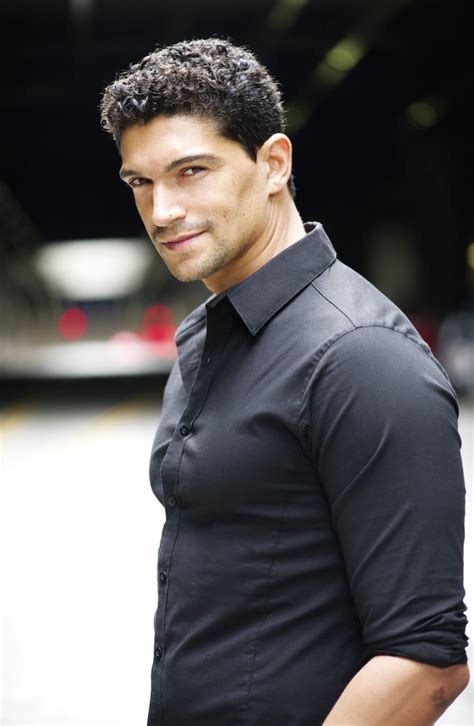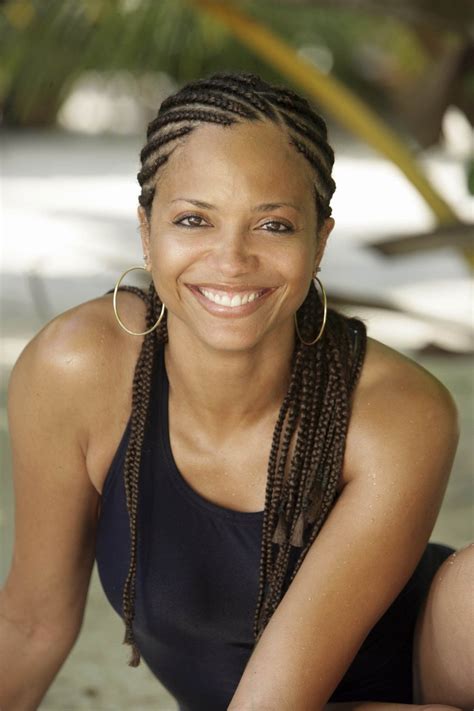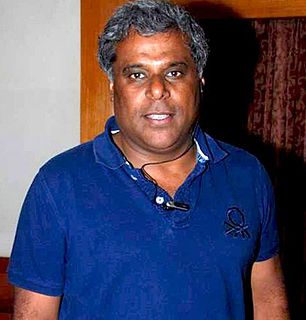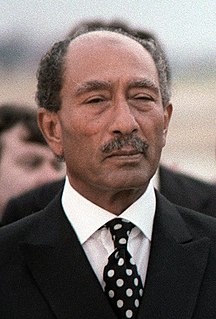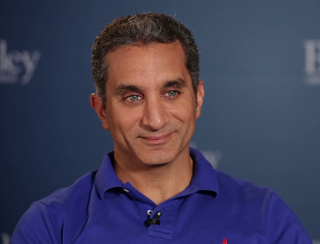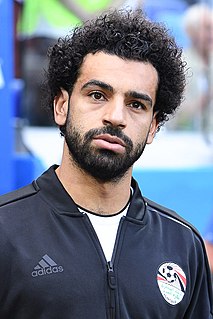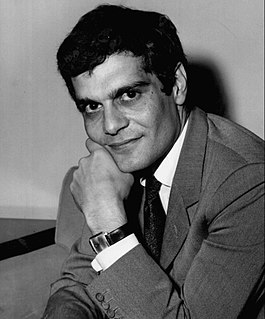A Quote by Mido Hamada
I think being able to speak different languages, and being able to act in those languages is something that's really very rewarding.
Related Quotes
Americans don't speak foreign languages, by and large. Their interest in anything beyond the borders of the country is limited. A European of any cultivation has to speak a couple of languages; he inevitably without being very thoughtful about it gets to understand what other people think about him.
I can read more languages than I speak! I speak French and Italian - not very well, alas, but I can get by. I read German and Spanish. I can read Latin (I did a lot of Latin at school.) I'm afraid I do not speak any African languages, although I can understand a little bit of the Zulu-related languages, but only a tiny bit.
I speak English, obviously, Afrikaans, which is a derivative of Dutch that we have in South Africa. And then I speak African languages. So I speak Zulu. I speak Xhosa. I speak Tswana. And I speak Tsonga. And like - so those are my languages of the core. And then I don't claim German, but I can have a conversation in it. So I'm trying to make that officially my seventh language. And then, hopefully, I can learn Spanish.
If you go back a century in Europe, all over the place people were speaking different languages. There were dozens of languages in France and Italy, and they're all called French [and Italian], but they were not mutually comprehensible. They were different languages. And they have mostly disappeared in the last century or so. Some are being preserved, like Welsh, some are being revived, like Basque or Catelan to some extent. There are plenty of people in Europe who can't talk to their grandmother because they talk a different language.
I think most people don't really understand all that it takes to stand on your toes, and to be able to jump and land without any noise, or for a male dancer to be able to lift a girl. All of these things look so effortless, but there's an attention to detail and years of training, as well as being able to transform into a character and being able to meld all of those things together.
Writing in African languages became a topic of discussion in conferences, in schools, in classrooms; the issue is always being raised - so it's no longer "in the closet," as it were. It's part of the discussion going on about the future of African literature. The same questions are there in Native American languages, they're there in native Canadian languages, they're there is some marginalized European languages, like say, Irish. So what I thought was just an African problem or issue is actually a global phenomenon about relationships of power between languages and cultures.
